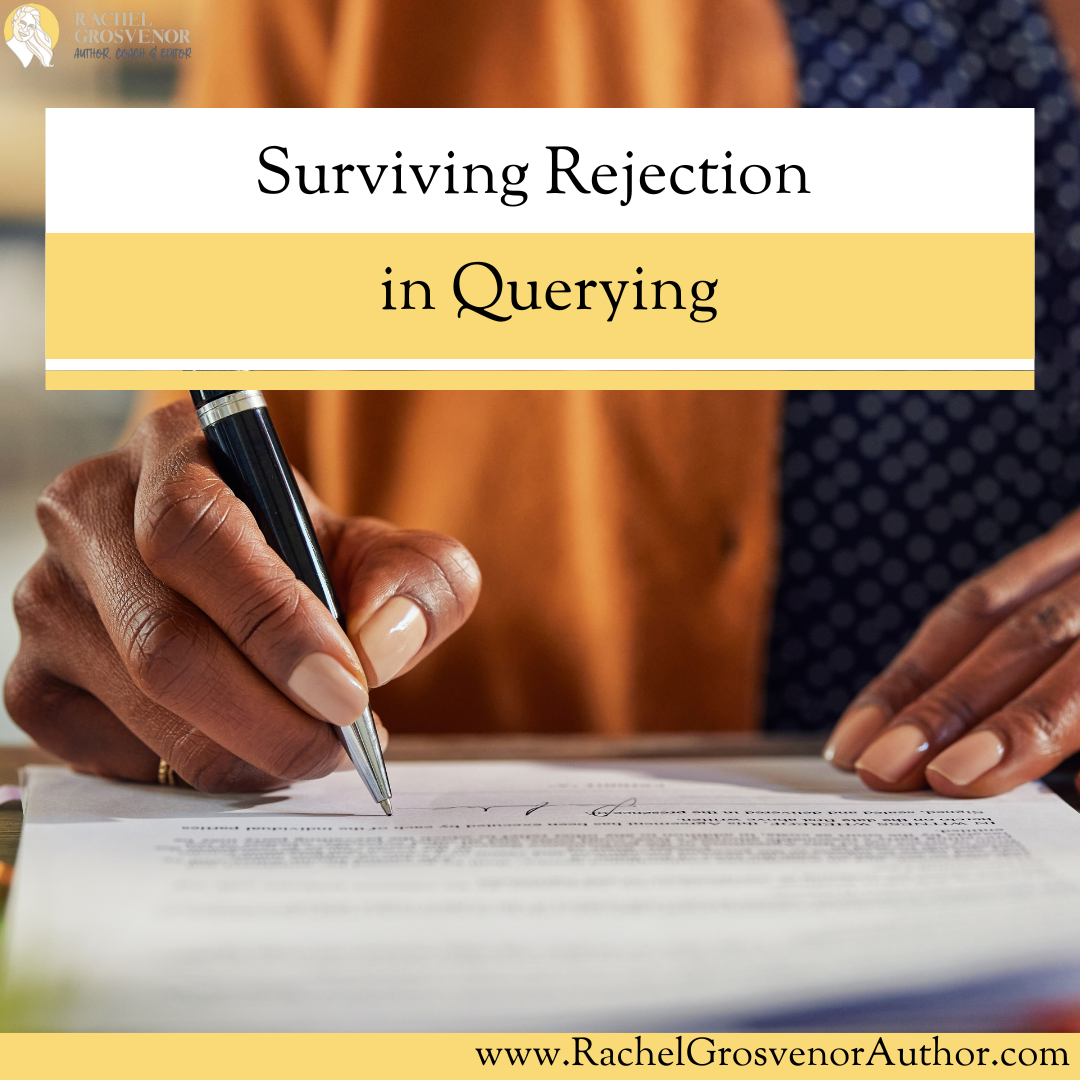‘Writing dialogue is not always easy,’ she said, shifting in her seat.
‘Okay, will you tell me more?’ I stared at the quotation marks she had used, curious.
‘Oh, these? I’m British. Yep, if I were American, I would use double quotation marks. But, the most important thing is being consistent. Anyway, I’m getting off track. Let me tell you about some mistakes to avoid when writing dialogue.’
1 – Not Varying the Character Voices
People speak differently, and that means that characters should talk differently, too. The way that people speak comes from many different places. It is derived from where they were brought up, how they are feeling that day, what situation they are currently in, and who they are with. For example, I don’t speak to my partner the same way I speak to a client. So many different things change dialogue, and relationships with other people and characters is right up there in importance. You may have an extremely confident secondary character, and a less sure of themselves main character. Just by this distinction alone, these two people should be speaking differently. So, think about your characters as real people, and allow their personal voice to shine through.
2 – Overusing Dialogue Tags
He said, she said, they said…it can all get a bit much when dialogue tags are overused. Trust that your reader is intelligent enough to understand who is speaking without constantly being reminded. It is absolutely fine to use these tags but do so with restraint. Overuse can pull a reader from a story.
3 – Too Much Exposition
‘But Sally, don’t you remember that day when your car drove off the cliff, and we realised that our mother was not who she said she was?!’
In real life, people don’t remind us of things that have happened in this way, and when it occurs in a novel, it can feel disconcerting. Exposition needs to happen, but aim to use it in subtler ways. For example, you can use narrative, setting, a character’s thought process. You can use exposition in dialogue, but make it as subtle as it would be in real life. For example, the above quote might read:
‘Sally, I don’t want a repeat of last year.’
Then, the narrative could go into an inner monologue with some hints of the car driving off the cliff etc. Remember that your reader is astute, so lay down those breadcrumbs of a memory, and keep them coming back for more.
4 – Leaning on Stereotypes
Our characters shouldn’t be stereotypes, so the trick is to research before writing their dialogue. If they are from somewhere you don’t know too well or haven’t been to, listen to some audio to try and get a sense of the different way people speak.
Take me, for example. I am from Birmingham, UK, and not many people outside of Birmingham believe it. That’s because there is a stereotype of a Brummy accent derived from a specific part of Birmingham. However, I still say a few things that give away my hometown, like ‘Mom’ and ‘tuth’.
So, never rely on the stereotype. It’s far more realistic to create your character’s dialogue based on your research.
5 – Making It Too Realistic
This might sound confusing upon first reading it, but bear with me! People speak in complex ways, stumble over words, we all say ‘Um’ a lot mid-sentence, and sometimes we use the wrong words entirely. While this is all great for writing dialogue, as it makes it realistic, there is such a thing as going overboard on realism. Reading dialogue with constant ‘Um’s’ and ‘Ah’s’, significant pauses and silences, and more will get frustrating. Be realistic, but not at the expense of your novel.
So there you have it! Five things to avoid when writing dialogue. If you found this helpful, please share it with another writer!
Got any tips to add? Let me know!
If you’re looking for a similar read, check these blog posts out:
What Does It Mean to Write What You Know?
5 Books On Writing That Will Improve Your Craft
If you need help with your dialogue or something else writing-related, please get in touch. I would love to chat! You can book a discovery call yourself by checking out the calendar here.











